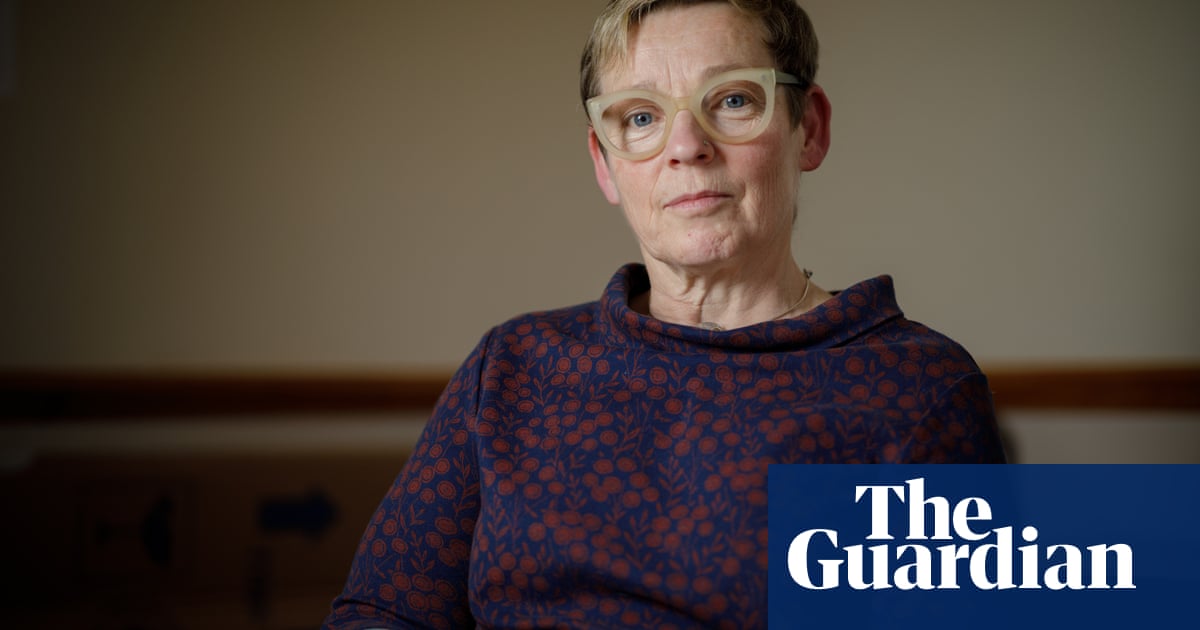
A dogged insistence on a right to believe in the immutability of biological sex – thereby denying the validity of trans people’s lives – is not a position welcomed by all feminists (The law is now clear: you can’t be punished for having gender-critical views. So why does it keep happening?, 26 January). It comes uncomfortably close to the very biological determinism against which women’s liberationists first arose in opposition. We identified that a patriarchal system classified and subjugated us on the basis of female biology; does this mean, however, that we must embrace such categorisation?
The misnomer “gender‑critical feminism” is in any case a tautology: all feminism stems essentially from critiques of gender and how it is constructed and deployed to oppress. Susanna Rustin states that the women involved in recent employment tribunals were “targeted” simply for their belief, but these have serious real-world effects on real lives. It is hard to fathom why expressing views denying other people’s reality should be legally protected.
Prizing your own freedom of speech over other people’s ability to live safe and good lives leads to a weird form of feminism that aligns with or overlaps appalling rightwing politicians and bigoted pundits whose speech poisons public discourse. That doesn’t mean you should necessarily lose your job, and certainly should not lead to abuse or threats. But so what if physiology, genetics, etc cannot be completely changed when people seek to align their physical selves with how they wish to live? Why not frame the subject from another angle: that of considering how a decent society might best accommodate and protect all its citizens without pitting their various rights against one another, or “othering” some of them in dehumanising ways?
Frankie Green
Whitstable, Kent
Susanna Rustin defines her gender-critical beliefs in innocuous terms – that biological sex is important; that people cannot choose their sex; and that biological sex is “immutable and distinct from gender identity”.
These are not even controversial views. It is indisputable that the biological features of our bodies that broadly differentiate half of us from the other half are important, and that we “cannot choose” the biological sex features bequeathed us at birth. And although it is clearly not true that all aspects of “biological sex” are “immutable” (they change under the influence of both endogenous and exogenous sex hormones throughout the lifespan), the tiny genetic difference that shortly after conception (usually) triggers the hormonal cascade that (usually) sends our reproductive biology down one of two characteristic developmental paths and then retires, is indeed pretty immutable.
Yet even if we adopt the narrowest possible definition of biological sex as this immutable genetic difference, there is nothing controversial about believing that it is distinct from gender identity. It is because biological sex is distinct from gender identity that transgender people can, and do, exist.
However, the self-evident belief that biological sex and gender identity are different should not be used as cover for a prescriptive belief that genetic sex should have primacy over gender identity as a socio-legal category. It’s a political position that denies the validity and very existence of those with transgender identity. Which certainly isn’t feminist, and shouldn’t even be a controversy in a democratic society.
Elizabeth Liddle
Lindale, Cumbria
Thank you for publishing Susanna Rustin’s piece on the injustices suffered by women who express gender-critical views. It is vitally important that wrongheaded statements about sex and gender are challenged, not least for the benefit of transgender people themselves. The Social Work England statement that “people who have socially and/or medically transitioned from one sex to another, are as matter of fact, biology and reality members of their chosen sex” is patently absurd: biological sex is determined at conception and is immutable, just like blood group.
A person born with a 46 XY chromosome content and with gonads that are recognisable as testes and not ovaries is biologically male and will remain so for the rest of their lives. What is more, if such an individual transitions to a female gender role they will remain completely infertile and will be subject to many of the health risks associated with being male, such as prostate cancer (if the prostate is not surgically removed).
The issue becomes even more acute when it comes to the care of children and adolescents who describe themselves as feeling that they are the “wrong” gender: we have no good, long-term scientific data on the outcomes of providing medical or surgical care to such people; all we have is a wealth of bad science and anecdotes.
Roger Fisken
Chair, HealthSense
It was a huge relief to read this opinion from Susanna Rustin. We know that biological sex is immutable and that a gender identity is a choice for some people only. Given these judgments, we hope to hear that not only individual trade unions but also the Trades Union Congress share information about these judgments with their members, and also robustly defend any members unfairly threatened because of these beliefs. That particularly applies to those unions representing academic staff who have not been forthcoming so far.
Margaret Bluman
London












